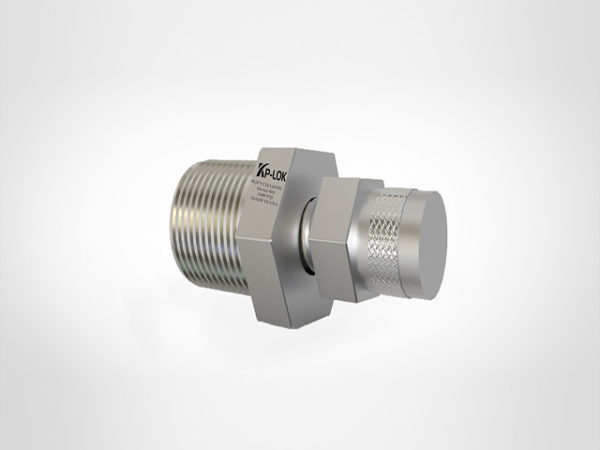One,
Two, or Three Piece Ball Valve
Ball valves are used in many industrial,
commercial, and institutional applications where there is a need to isolate
parts of the system or even regulate the on / off conditions of fluid flow in
the system. Product variants are versions that can put upwith virtually all
applications and can rarely be calculated.
When you want to https://www.kp-lok.com/product/purge-valves/ choose a ball valve, the
construction surface will become clear in the search. There are three general
types of ball valve construction. They are One piece, two pieces, and three
pieces ball valves. The following are three general types of considerations and
differences.
v The one piece ball valve possesses a body and an end connection
formed of a single piece material. This structure provides relatively little
leakage opportunity. Valve trim and seal are injected through one end
connection. This type of valve does not have the same port size as the line
size. The ease of sculpting body design tends to lower costs than other
versions. If the valve is in position, it cannot be repaired without removing
the entire valve assembly from the piping system.
v A two-piece ball valve typically has a part that includes a final
fitting, a second fitting that secures the body and trim in place and provides
a second end connection. This structure has an additional leakage potential
where the two parts join together, but you can also take apart the valve to
replace the internal parts. This valve can provide full port service and
bidirectional flow blocking.
v
The three-piece ball valve
basically splits the connection of the valve assembly from the valve body.
These are more expensive than the other two types, but the right to trim the
piping system and remove the valve system while keeping the connections in
place can be useful in many applications. This structure can provide full-door
and bi-directional locks.
When applied correctly, all valves provide fantastic
services. The items you select depend on the requirements of your application.
Leverage knowledge and experience in product application expertise to develop
effective solutions to share fluid measurement and control requirements, and
problems with process control specialists.
